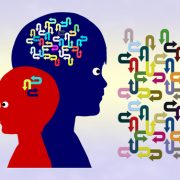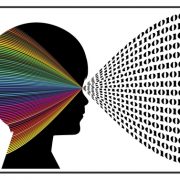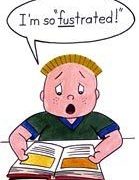What Is A Learning Disability?
A learning disability can be described as the discrepancy between an individual’s potential and his performance. Children with learning disabilities may exhibit difficulty interpreting, processing and assimilating information. They may also display difficulty with following directions, initiating tasks, organizing materials, thoughts, time and space. Academic anxiety with regards to transitions and performance may ensue. Attention to academic tasks may undermine performance and the quality of assigned tasks.
There is Help
By identifying and understanding your child’s diagnoses, strengths and vulnerabilities, parents may conclude that the guidance of an educational consultant will be beneficial, providing them with professional advice and the resources for intervention or a placement into or with an appropriate educational setting.
The role of an Educational Consultant
Parents of children who are at an academic, social and emotional crossroad with regard to their children’s individual performance and functioning level often need additional guidance in how to move forward. The task of finding an appropriate educational setting and placement can be daunting. But having an educational consultant, who is also a learning specialist, can be of great assistance.
The role that EA can play
EA understands the various learning issues and behaviors that educators often see in the classroom. Children with learning issues exhibit behaviors consistent with children who have learning disabilities, ADHD, and speech and language disorders. We can also serve to bridge the gap between the school and the home by demystifying the areas of concerns educators observe in school and parents witness at home.
Call to Action
For further information and a continuation of exploring your child’s individual needs, contact Dana Stahl at Educational Alternatives, LLC.
Some Common Learning Disabilities Are;

Dyscalculia
This learning disability affects your child’s ability to learn and process numbers. Children with this condition may have trouble counting or making the correct change.

Dysgraphia
This learning disability affects a child’s handwriting and fine motor skills. A child with this problem may have illegible handwriting, inconsistent spacing, reduced spatial planning on paper, weak spelling, and difficulty composing essays as well as thinking and writing at the same time.

Dyslexia
Dyslexia is a specific type of reading disability. This affects reading and related language-based processing skills. The severity differs, but Dyslexia can affect reading fluency, decoding, comprehension, recall, writing, and spelling.

Language Processing Disorder
This affects your child’s ability to process language. It affects both expressive (what your child says) and receptive (how your child understands what is said).

Non-Verbal Learning Disabilities
A child with this condition has trouble interpreting nonverbal clues such as facial expressions and body language. There is a discrepancy between stronger verbal and weaker motor skills and with social queuing and the development of peer relationships.

Visual Perceptual
This affects what your child sees and how they process it. Visual problem solving adversely affects analyzing relationships when information is presented spatially. Creating mental images from stories, math patterns, or science experiments are extremely difficult.




